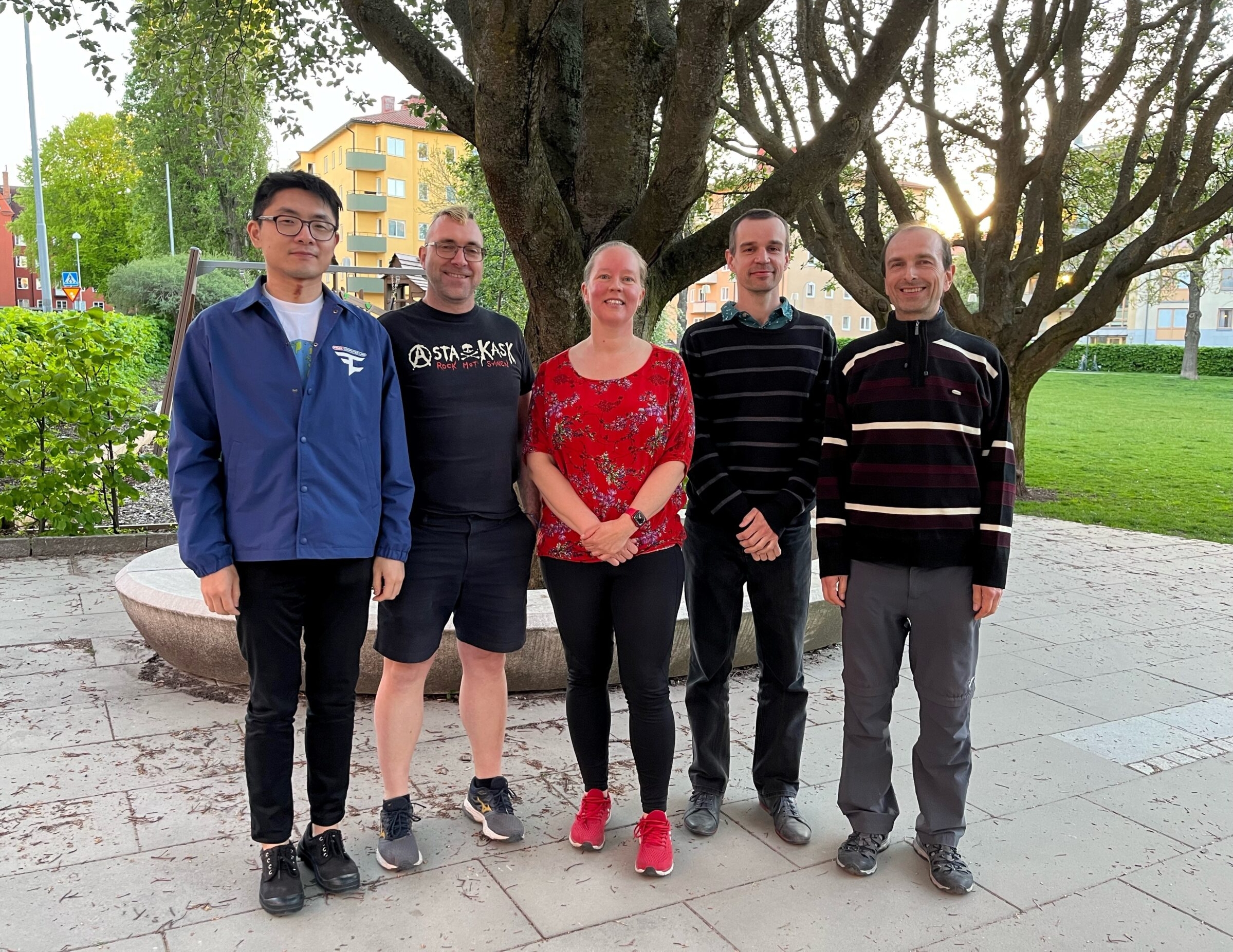FIS Celebrates the Launch of Two Horizon Europe Projects – Focusing on Circular Economy, Artificial Intelligence, and Science Promotion
In 2024, the Faculty of Informatics and Statistics is becoming a partner in two successful Horizon Europe projects. With the first project, VŠE is joining the ongoing Onto-DESIDE project, coordinated by Sweden’s Linköping University. The project has been running since June 1, 2022, within Cluster 4 of the Horizon Europe program (Digital, Industry, and Space).
“VŠE is joining the project thanks to an application we submitted in September 2023 through the so-called hop-on mechanism. This relatively new mechanism allows countries from the Widening area* to request joining successful Horizon Europe projects. The main advantage of this mechanism is that, as a Widening partner, we join an ongoing project where we become a full-fledged partner, and at the same time, we have the opportunity to deepen our know-how in managing international research projects and establish strong professional ties with consortium partners from EU 14 states,” commented Associate Professor Ondřej Zamazal, head of the research team from the Department of Information and Knowledge Engineering.
“At the same time, our involvement in the project was a significant challenge, given the relatively short preparation time. Our great thanks go to the Swedish coordinators who were interested in our participation and provided perfect cooperation. Thanks to them, we were able to prepare a comprehensive team from the very beginning, whose expertise precisely matches the project’s needs,” added Professor Vojtěch Svátek from the project team.
Involvement in Horizon Europe projects enables the development of circular economy concepts and artificial intelligence tools
Within the Onto-DESIDE project, the team will now focus on using ontological knowledge models to process data on circular economy value chains. The specific contribution of the VŠE team will be the design and use of methods for mapping and transforming ontological models, facilitating the bridging of differences in proprietary data schemas of various circular economy actors. In addition to symbolic approaches from knowledge engineering, the latest tools of generative artificial intelligence, namely large language models, will also be adapted for these new tasks.
Further project details can be found on the CORDIS website. We will keep you informed about the project results.
FIS to also host this year’s Researchers’ Night at VŠE
The second successful project of the Faculty of Informatics and Statistics is the Horizon Europe project METAMORPHOSIS, which will also support this year’s and next year’s Researchers’ Night. This event takes place across the Czech Republic and aims to bring scientific and research activities of Czech universities closer to the public.
The METAMORPHOSIS project is coordinated by the University of Chemistry and Technology. However, VŠE also plays a crucial role. “Over the next two years, we will focus primarily on promoting science and research to the public within the METAMORPHOSIS project. We want to focus on young people, i.e., science education among elementary and high school students. Our researchers will also give lectures in schools in excluded localities. The main topics for VŠE will be research on economics, entrepreneurship, management, and finance,” summarizes the activities Ing. Petra Ivanega from the Department of Multimedia Studies.
Congratulations to both project teams!
We also look forward to seeing you at this year’s Researchers’ Night, which will take place on September 27 in the school’s premises. We have prepared a series of interesting lectures and competitions for you.
*Widening countries are EU countries that have a lower success rate in framework programs for research and innovation (FP 7, H2020, Horizon Europe). According to the Regulation on the HE program, the current Widening countries include 15 EU member states – Bulgaria, Czech Republic, Croatia, Estonia, Cyprus, Lithuania, Latvia, Hungary, Malta, Poland, Portugal, Romania, Greece, Slovakia, Slovenia; 14 countries associated with the HE program, and 9 outermost regions of the EU. More information can be found at this link.
